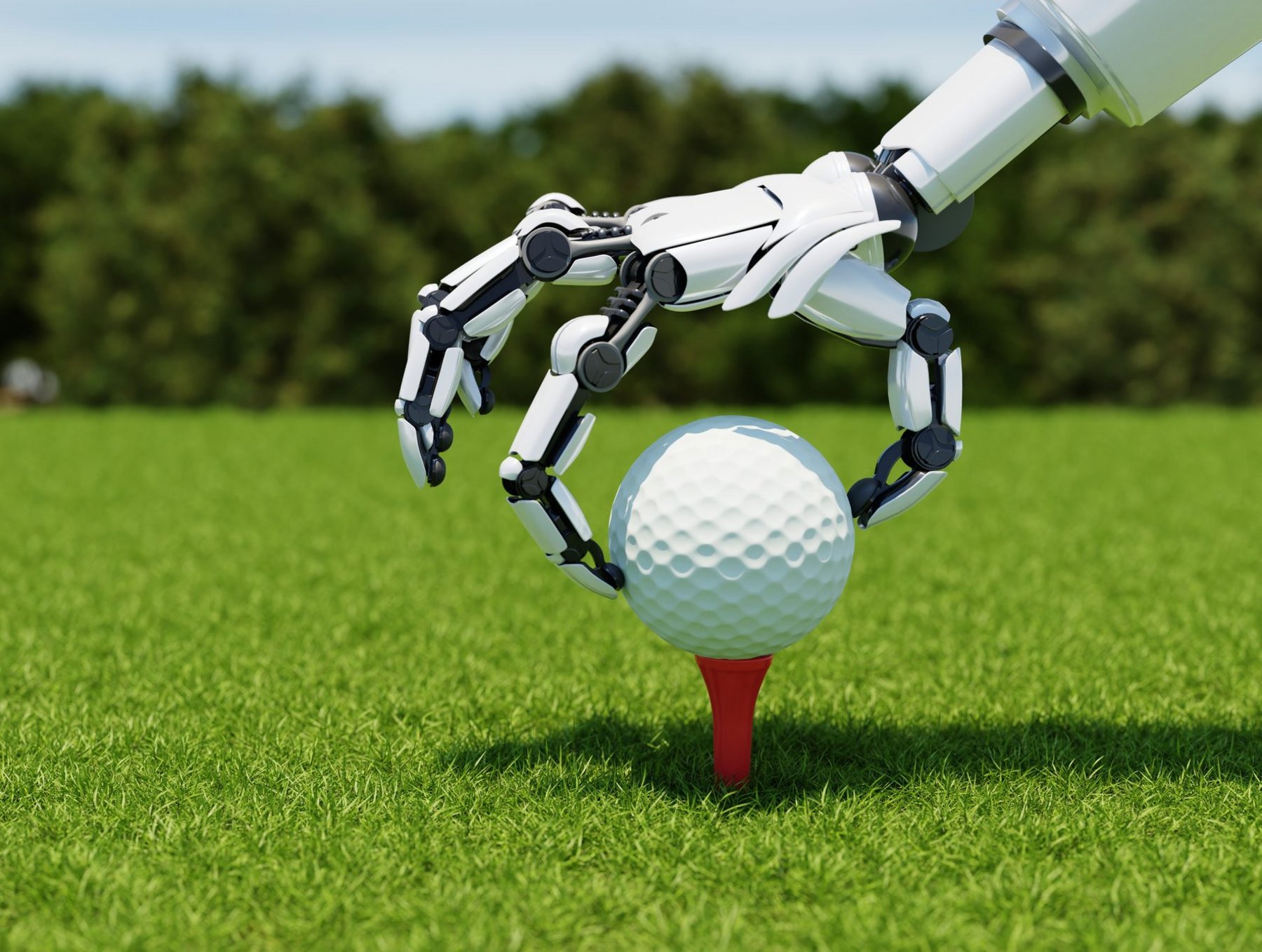By Brian Verdugo
We are witnessing an artificial intelligence (Ai) revolution in our everyday lives. Some people are excited, while others are skeptical and concerned about a future dominated by machines.
Even if you’re not ready to adopt the technology – it’s a good time to start wrapping your arms around the topic, as Ai is poised for an even bigger impact in the years to come. The golf industry is currently adapting to the use of Ai and will come to depend on it even more in the future.
The current widespread conversation about Ai evokes memories of Cloud-based technology going mainstream two decades ago with similar concerns about data security, access permission and storage. Media misconceptions surrounding the technology created widespread concerns for business and individuals. Early on, people didn’t fully grasp what was taking place and how cloud technology would ultimately change their lives.
There is a huge difference between true artificial intelligence and the chatbot technology that 99.9% of business and individuals currently state they use; the latter reliant on pre-processed, template-dependent systems and algorithms that process human interaction and direction for a response. Processing is a better term used than learning. Most solutions currently in market are not true artificial intelligence.
Ai is already playing a huge role in the pharmaceutical industry. Medicines are being developed for Alzheimer’s, lymph cancers, inflammatory disease and many more, up to this point, incurable diseases. Deploying this technology helps streamline diagnoses and efficiencies in clinical outcomes sometimes in a matter of weeks or months, not years. Ai can analyze a vast amount of data with the intent of learning through success and failures recognizing patterns through learned behavior. Consequently, the technology is becoming smarter and more efficient as pharmaceutical companies rely on Ai to help speed up clinical outcomes on humans.
TESLA is another example. Most people think of TESLA as an electric car manufacturer. Far from it. The vehicles are simply a part of the platform providing transportation for humans while also collecting indefinite amounts of data through a sophisticated number of sensors. As Tesla’s are being driven daily, racking up millions of miles, each vehicle provides real world data to a complex AI system which analyzes the data to provide simplified processed models deployable back to each individual vehicle. In essence, the vehicles are slave devices to the Ai system which has an endless appetite for data to build complex modeling for vehicle safety, autonomy and reliability.
With all of this in mind, for many people, the biggest question is the likely impact of artificial intelligence on certain professions. Will humans be replaced by machines? The short answer right now is “no” but with a strong message that everyone embraces the world of artificial intelligence and gets comfortable in their own personal effort to learn how to use and embrace it.
Every industry will assess artificial intelligence’s influence in their respective space, even the golf industry. The two most prominent and promising examples for golf, in my opinion are:
-How golfers learn to play the game
-How courses can more efficiently manage their operations.
Ai is the future when it comes to training aids. How many beginners would prefer to avoid judgement by better players as they start learning the game? There is a massive appeal in the ability to enter a private room with a simulator and work with a friendly avatar customizable to one’s personal style of coaching. The result: positive affirmation instead of a tougher, more motivational approach. A fit for everyone? Of course not. However younger generations will likely be more comfortable with newer approaches to learning, and Ai will be one of them.
Even as digital golf has grown substantially, golfers by nature still want to play on an actual golf course whether a local public, country club, or travel destination. Historically golf courses have struggled to maintain a consistent profitable financial model due to the high costs of developing and maintaining vast amounts of land golf courses require. Ai may be the long-term solution.
Computer systems now analyze when people visit a golf course and highlight areas that are unused. The USGA has been leading the way in this technology for several years. Un-trafficked parts of a course could be identified as areas that no longer need water, fertilizer and maintenance. By using golf carts, autonomous lawn mowers, motion sensors and a connected irrigation system, Ai would be able to monitor patterns and behavior 24 hours a day 7 days a week providing both real time changes and recommendations on how to improve efficiency for golf course owners and operators.
The game of golf remains only one of many examples of an artificial intelligence revolution that will continue changing the world as we know it – and in future articles on the subject, I look forward to discussing other industries and areas where change is not only inevitable, it is welcomed.
As some are excited about the possibilities and others have their concerns, the common denominator is that AI will continue its growth and become a bigger part of our everyday lives, whether humans are ready for it or not.










